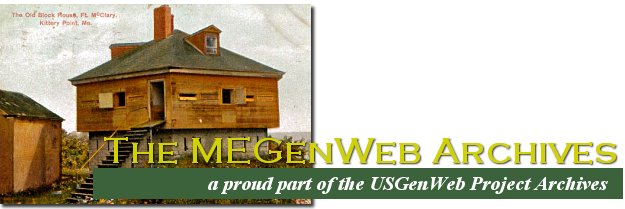"...The coding of this Index is keyed to the traditional manner in which the Maine Legislature has classified and formally disposed of the business coming before it during each session.
Thus, the code PL stands for Public Law and means that the subject to which it refers was so enacted by the Legislature. Public Laws relate to statewide matters having broad application to all citizens, and deal with individuals by class rather than individuals as such.
The code entry PS means that the subject was enacted as a Private and Special Law. Private and Special Laws benefit one or several specified persons, corporations, institutions, et cetera, individually' and operate in connection with particular persons and private affairs which do not concern the public at large. The code entry RS means Resolve and indicated that the subject was not enacted as a law, but was passed by the Legislature as a formal expression of its opinion concerning a limited and temporary matter which has the force and effect of law.
The code entry GY means Graveyard, which is the time-honored descriptive term for the end-of-session filing of all bills that failed of enactment, as well as a plethora of various reports, communications and petitions. Researchers should not be misled by the use of the traditional term "Graveyard", however, because this category of documentation contains perhaps the richest lode of historical information within the entire body of Legislative records. It frequently required several sessions or many years for citizens to succeed in gaining Legislative action on a particular matter; and there are numerous examples of long-standing issues upon which the Legislature consistently found it politically inexpedient to act, but which were nonetheless of burning concern to the citizenry..."
Archives of the Legislature of Maine. Legislative Index Series. Compiled and Edited by Jeffrey E. Brown, Patty K. Lincoln, Norma A. Moore, Monique E. Rivard, Sylvia J. Sherman. Copyright Maine State Archives, Augusta, Maine 1984. page iii.

